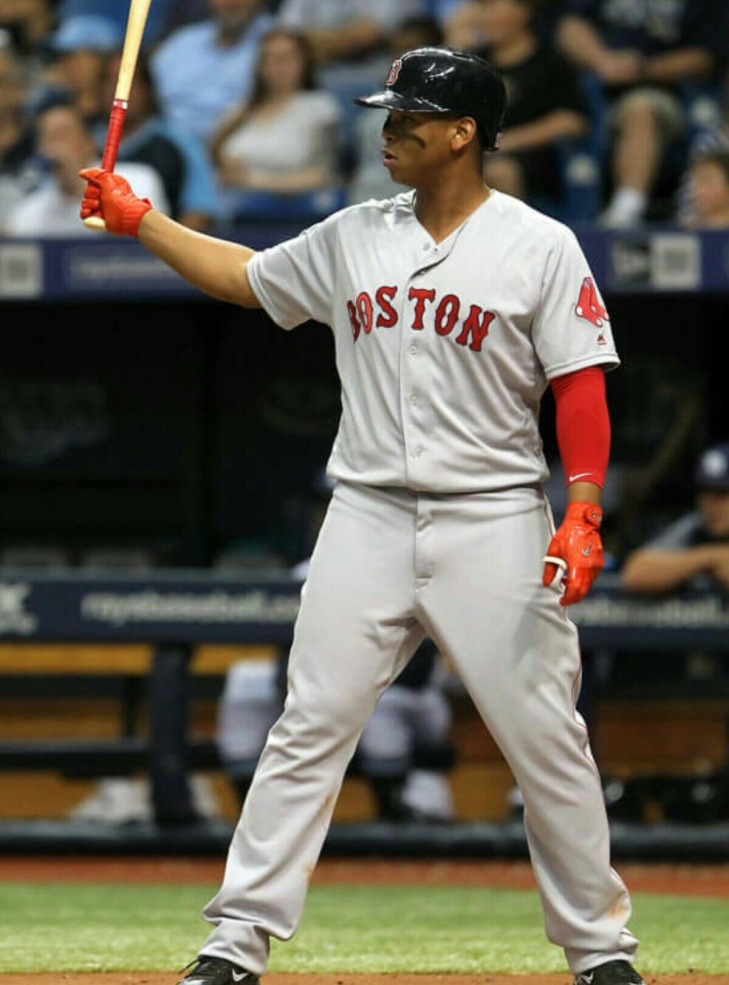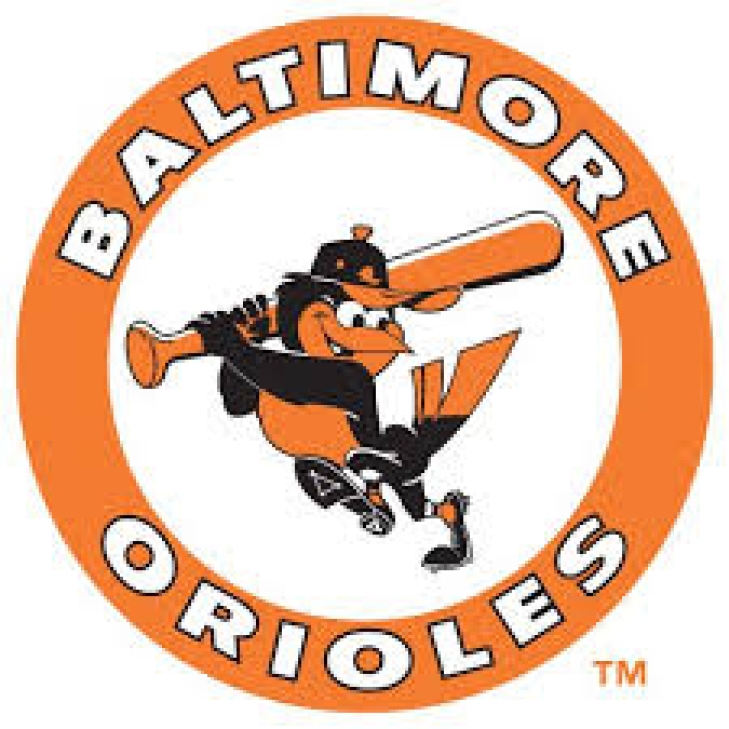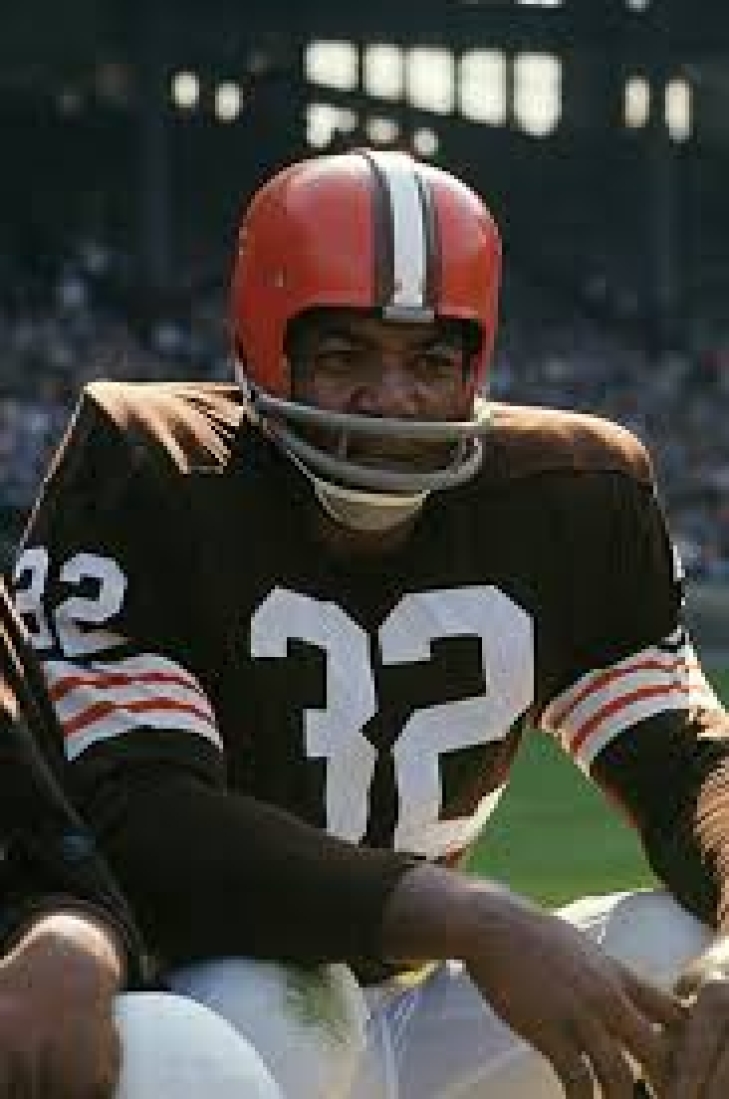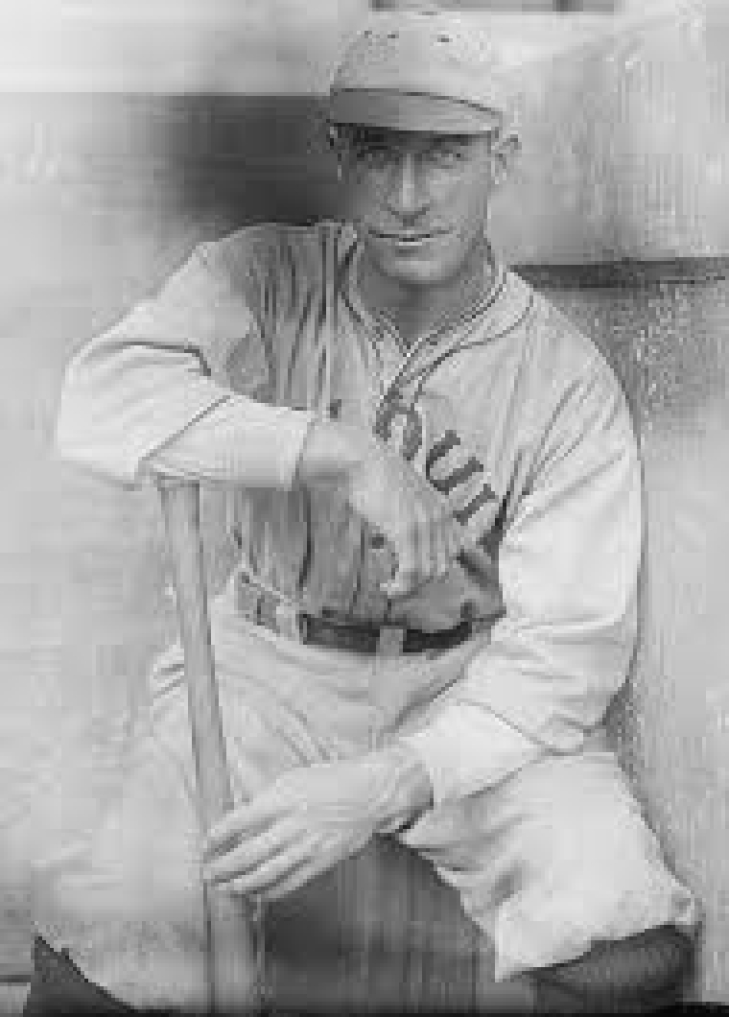
Committee Chairman
46. Rafael Devers
Signed as an Amateur Free Agent from the Dominican Republic in 2013, Rafael Devers first appeared for the Red Sox as a 20-year-old in 2017 and when the 2018 campaign began, he was Boston’s starting Third Baseman in a year where the BoSox won the World Series.
Bringing a solid power presence to the club, Devers broke out in 2019 with 32 Home Runs, a league-leading 54 Doubles, and a .311 Batting Average, arguably his best season to date. From 2021 to 2024, Devers has had at least 27 Home Runs, a .500 Slugging Percentage, and has received MVP votes (though has never made the top ten). An All-Star three times and two-time Silver Slugger, Devers enters 2025 with an even 200 Home Runs and 1,062 Hits.
Our All Time Top 50 Baltimore Orioles have been revised to reflect the 2024 Season
Yes, we know that this is taking a while!
As many of you know, we at Notinhalloffame.com are slowly generating the top 50 of each major North American sports team. That being said, we have existing Top 50 lists and consistently look to update them when necessary and based on necessity. As such, we are delighted to present our post-2024 revision of our top 50 Baltimore Orioles.
As for all of our top 50 players in baseball, we look at the following:
1. Advanced Statistics.
2. Traditional statistics and how they finished in the American League.
3. Playoff accomplishments.
4. Their overall impact on the team and other intangibles that are not reflected in a stat sheet.
Please note that our algorithm has changed, which yielded minor changes throughout the baseball lists.
Last year, the Orioles returned to the playoffs, but were hoping for a deeper run. Should they repeat what they accomplished in 2024 in 2025, there should be new entrants. As such, there was only one new entrant, but it is an older player who benefited from the new algorithm.
As always, we present our top five, which saw two changes based on the new structure:
3. Jim Palmer
4. Eddie Murray
You can find the entire list here.
Under the new system, Robinson moved to #2 by slightly edging out Palmer, and Murray overtook Sisler for #4.
Outfielder Burt Shotten enters the list at #47 with the new algorithm.
We thank you for your continued support of our lists on Notinhalloffame.com.
The Pro Football Hall of Fame Revisited Project: 1971 Final VOTE
1971 Pro Football Hall of Fame Revisited Project Class.
Here we are! Again!!
If you have been following our Pro Football Hall of Fame Revisited Project, you know we have asked the rhetorical question: What if the PFHOF began in January 1946?
After soliciting and obtaining a passionate group of football fans and historians, we sent out a ballot for a Preliminary Vote, in which we asked each voter to give us 25 names as their semi-finalists and 5 in the Senior Pool. We then asked the group to vote for their 15 Finalists in the Modern Era and 3 in the Senior Category. The final stage was to vote for their five Modern Era inductee and one Senior inductee.
This is the result of the 26th official class;
Below are the final results of this project based on 31 votes.
Remember that the group took a vote in “1970”, and we have reverted to the top five candidates entering the Hall, PROVIDING THEY MAKE 50% of the vote. This will be put to a vote again in “1973”.
This is for the “Modern Era”
*Bold indicates they have been elected to the Pro Football Hall of Fame Revisited Class of 1971:
|
Player |
Year of Eligibility |
Vote Total |
|
Jim Brown FB |
1 |
31 |
|
Dick “Night Train” Lane DB |
1 |
28 |
|
Joe Schmidt LB |
1 |
23 |
|
Hugh McElhenney HB |
2 |
17 |
|
Rosey Brown T |
1 |
16 |
|
Mike McCormack T-G |
4 |
6 |
|
Pat Harder FB |
13 |
5 |
|
Alan Ameche FB |
6 |
5 |
|
Marshall Goldberg FB |
18 |
4 |
|
Charlie Conerly QB |
5 |
4 |
|
Billy Howton E-FL |
3 |
4 |
|
Bucko Kilroy G-MG-T-DT |
11 |
3 |
|
Ward Cuff WB-QB-HB |
19 |
2 |
|
Bill Osmanski FB |
19 |
2 |
|
Gene Lipscomb DT |
4 |
2 |
This is for the “Senior Era”,
*Bold indicates they have been elected to the Pro Football Hall of Fame Revisited Class of 1971.
|
Buckets Goldenberg |
1 |
11 |
|
Joe Kopcha |
10 |
9 |
|
Whizzer White |
5 |
8 |
|
None of the Above |
N/A |
3 |
This is for the “Coaches/Contributors”,
*Bold indicates they have been elected to the Pro Football Hall of Fame Revisited Class of 1971.
|
Bert Bell |
2 |
25 |
|
Clark Shaughnessy |
2 |
4 |
|
Tim Mara |
2 |
2 |
About the 1971 Inductees:
Jim Brown FB, CLE 1957-65: Inducted in the Pro Football Hall of Fame Revisited Project in 1971 on his 1st Ballot. Inducted into the actual Pro Football Hall of Fame in 1971.
Jim Brown is a football god.
We could end it here, but out of deference to the man we think is not only the greatest rusher in the history of game but the best offensive player ever, we will go through all the reasons why Brown is the best player period.
An absolute beast at Syracuse, Cleveland was fortunate that Brown was still available with their Sixth Overall Pick in the 1957 Draft. Brown was an instant star in the National Football League, winning the Rushing Title as a rookie, the Offensive Rookie of the Year and MVP. Brown had a signature moment, rushing for a then record 237 Yards, which stood tall for 14 years.
As Brown’s second year approached, expectations were high, and the Fullback not only met them, he shattered them. Brown rushed for 1,527 Yards, destroying the record, and remember, and this was done in a 12-gae season. He also had a career-high 17 Touchdowns.
Brown played until 1965, and every single year was his gridiron world; everyone else was just living in it. Playing nine seasons (all with Cleveland), Brown was a Pro Bowl in all of them and an eight-time First Team All-Pro and eight-time Rushing Title winner. Even in the season he did not win the Rushing Title (1962), he had career bests in Receiving Yards (517) and Receiving Touchdowns (5). It is not a miscalculation to say that Brown’s ability and playing style changed the game of football forever.
In addition to his MVP as a rookie, Brown won two more (1958 & 1965), and arguably could have won more. While the Browns only one NFL Championship when he was there (1964), Cleveland went to two more Title Games (1957 & 1965), and his mere presence made the Browns an annual contender.
Perhaps the most impressive stat is that Brown had a career Approximate Value of 121 in 118 Games. Only an elite player can average more than one AV/Game, but remember that Approximate Value was not calculable until 1960, meaning that his 121 AV is only through 82 of his Games!
Brown easily could have continued his career, as he was not yet 30 and was coming off another MVP, but he retired after the ’65 campaign, and sought a career in Hollywood. He had 12,313 career Rushing Yards, which at the time, was easily the most ever. Several players have surpassed Brown since them, but all of them needed many more games to do it.
Dick “Night Train” Lane, DB, RAM 1952-53, CRD 1954-59 & DET 1960-65. Inducted in the Pro Football Hall of Fame Revisited Project in 1971 on his 1st Ballot. Inducted into the actual Pro Football Hall of Fame in 1974.
The college experience of Dick “Night Train” Lane was only a year in small Scottsbluff Junior College, a small school in Nebraska. Lane joined the army afterward, and four years later, he asked the Los Angeles Rams for a tryout. Despite the unlikeliness of a man making the team after not playing any competitive game in four years making the NFL, Lane did just that, and would become one of the best Defensive Backs that the gridiron ever saw.
As a rookie, Lane led the NFL in Interceptions (14), a number that still stands today. Lane was inexplicably quick, a devastating tackler, and an absolute phenom who had his story happened in the age of social media, would have become a household name.
The Rams traded Lane to the Chicago Cardinals in his third year, and Lane again led the NFL in picks (12). Lane remained one of the most revered ballhawks, staying with the Cards until he joined Detroit in 1960. Lane retired with 68 Interceptions, and will likely stay in the top ten in that statistic for decades to come.
Joe Schmidt, LB, DET 1953-65: Inducted in the Pro Football Hall of Fame Revisited Project in 1971 on his first Ballot. Inducted into the actual Pro Football Hall of Fame in 1973.
Easily the best defensive player the Detroit Lions have ever had, Joe Schmidt was a dominating Middle Linebacker who would become the defensive captain of the team in 1956 and continue in that role for nine years.
Never leaving Detroit as a player, Schmidt was regarded for his unequalled toughness and was a major part of the last two NFL titles that the Lions won. The 1973 Pro Football Hall of Fame inductee was an eight-time First Team All-Pro and was named the league MVP by United Press.
Hugh McElhenny, HB, SFO 1952-60, MIN 1961-62, NYG 1963 & DET 1964. Inducted in the Pro Football Hall of Fame Revisited Project in 1971 on his 2nd Ballot. Inducted into the actual Pro Football Hall of Fame in 1970.
A First Round Pick from Washington, Hugh McElhenny traveled down the Interstate-5 to begin his professional football career.
McElhenny was the Ninth Overall Draft Pick in 1952, and he was the starting Right Halfback as a rookie. That season, and the one after, were First Team All-Pro and Pro Bowl worthy, and as he was also used as a returner, he led the NFL in All-Purpose Yards (1,731) as a rookie.
While McElhenny's rookie season was not duplicated, he had two other 1,400 APY years with San Francisco, and was a Pro Bowler on three different occasions, giving him five in total as a 49er. McElhenny's run with San Francisco ended after the 1960 season when the Minnesota Vikings chose him in the Expansion Draft. He had 9,100 All-Purpose Yards with 51 Touchdowns with the Niners.
Rosey Brown T, NYG 1953-65. Inducted in the Pro Football Hall of Fame Revisited Project in 1971 on his 1st Ballot. Inducted into the actual Pro Football Hall of Fame in 1975.
Rosey Brown played at Morgan State, a historically black college in Baltimore. The NFL was in the infancy of scouting HBCUs, and the New York Giants landed him in the 27thRound. This selection resulted in the greatest value pick in franchise history.
Early in his career, Brown was one of two African-American players on the Giants, and he helped break racial barriers in the NFL. Brown played his entirety at Left Tackle, and he was among the best in the business. He went to the Pro Bowl for the first time in 1955, beginning a six-year streak of selections. Brown earned First Team All-Pro honors four years in a row, and he was a vital component in New York’s 1956 NFL Championship Team.
Brown continued to be a force in the 1960s, earning three more Pro Bowls and two First Team All-Pros. He retired in 1965 and was considered one of the greatest Lineman in the history of the game.
Bert Bell: Commissioner. Inducted in the Pro Football Hall of Fame Revisited Project in 1971 on his 2nd Coach/Contributors Ballot. Inducted into the actual Pro Football Hall of Fame in 1963.
Bert Bell was the owner of the Philadelphia Eagles (1933-40), and later the co-owner of the Philadelphia Eagles (1941-46), but his induction was based on his role as the NFL Commissioner.
Bell took on that role in 1946, and oversaw his league in their rivalry against the AAFC. He would broker the merger of the two leagues at the end of the 1949 Season (adding the Cleveland Browns, San Francisco 49ers and Baltimore Colts) and he was vehemently against gambling, ensuring repercussions to anyone who might tarnish the game by keeping the game’s integrity. Bell’s biggest contribution was his foresight in regards to the new medium of television.
To ensure fans would go to the games, he initiated televised blackouts, and pioneered television “timeouts.” He recognized the NFL Player’s Union, against the will of the owners, realizing that it was for the betterment of the game. He remained the NFL Commissioner until he died in 1959.
Under Bell, the game grew astronomically. Following his passing, the Maxwell Football Club (which was founded by Bell) awards their version of the MVP, which is named after Bell.
47. Burt Shotten
Burt Shotten played the best part of his career with the St. Louis Browns, where he showcased strong plate discipline. Twice leading the American League in Walks, Shotten had an OBP over .390 four times, though he never batted over. 300.
As patient as he was at the plate, he was reckless as a baserunner, as though he had a four-year streak of swiping 40 bases, and he was also caught stealing more often than most other players. He was also prone to errors in the field, but overall as a Brown, Shotten collected 1,070 Hits.





